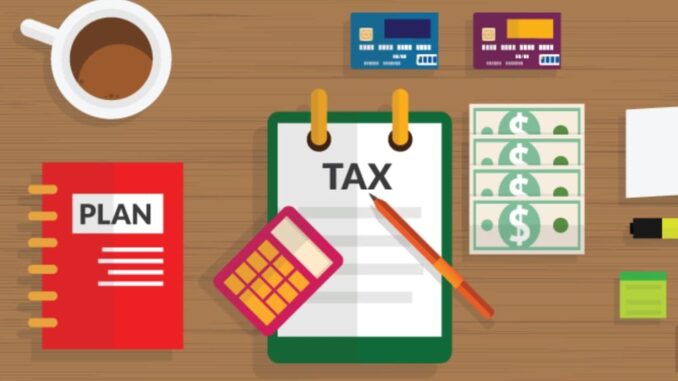
Last December we reported for the first time about the planned special gaming tax for Germany. Since then, hardly a week has passed without any new criticism of the tax model. There are plans to introduce a stake tax of 5.3% for online poker and virtual slot machine games.
Do stationary casinos benefit from unfair tax breaks?
As early as January we reported on a study by the Ruhr University Bochum (RUB), which came to the conclusion that the new tax could seriously jeopardize the channeling into the legal market. In the weeks that followed, more and more experts and industry insiders spoke up and questioned the benefits of the planned online gaming tax. The Düsseldorf Heinrich Heine University also sharply criticized the tax plan.
However, since those responsible have not yet given up on their project, the European Gambling Association is now taking a different path. The parties concerned have lodged a so-called EU aid complaint with the European Commission. The accusation: The initiators see a violation of the current EU state aid rules. More precisely, it is believed that the new online tax will give stationary casinos and casinos an unfair tax advantage and ultimately also a competitive advantage. There is talk of four to five times higher taxation for online offerings than for land-based casinos.
German Bundestag: Public hearing in the finance committee
The planned draft law to introduce the online gaming tax was evaluated by experts a few days ago in the German Federal Parliament at a public hearing in the finance committee. The experts commissioned represented very different views.
Renatus Zilles from the German Association for Telecommunications and Media (DVTM) has pointed out, for example, that with the industry-wide high payout rates in the online sector, an employment tax of 5.3% roughly corresponds to a taxation of income of 125%. Accordingly, the providers would be forced to adjust the distribution values so far down that the gaming experience of the user suffers. The Düsseldorf economist Justus Haucap took a similar view to Zilles in the finance committee. A few days ago we reported on the lowering of the minimum payout ratio from 92 to 85% at the Malta Gaming Authority (MGA).
The lawyer Markus Ruttig was of a slightly different opinion. He put forward the thesis that the current project will lead to “the tax will be paid voluntarily on a broad scale”. In addition, Ruttig commented as follows in this context: He does not believe that many players will migrate to the illegal market, where they would not know what they will actually get back from their stakes.
Will the online machine tax be decided in June?
The current situation is that the controversial online gaming tax will be passed in the German Bundestag as early as June. Just recently we asked ourselves in an article whether the Federal Council could stop the online gaming tax.
It is questionable, however, whether the German online gaming tax will also stand before the European courts. In the Finance Committee, the experts Tilles and Haucap were of the unanimous opinion that there is a very high probability that the EU Commission will classify the tax as unauthorized aid in favor of casinos.
Conclusion
The planned online slot machine tax divides the experts in the finance committee of the German Bundestag. There are obviously many questions and problems that still need to be resolved in order to introduce a tax that is not legally open to attack or that will later be overturned by the European Commission. The fact is that the planned employment tax of 5.1% is above average compared to other EU countries and that there is a serious risk that players will then migrate into illegality. Ultimately, it remains to be seen whether the online gaming tax will actually be introduced or whether it will be brought into line with practice. In any case, it is certain that there will be a tax on virtual slot machines.


Be the first to comment